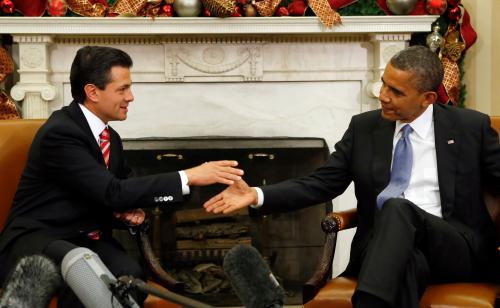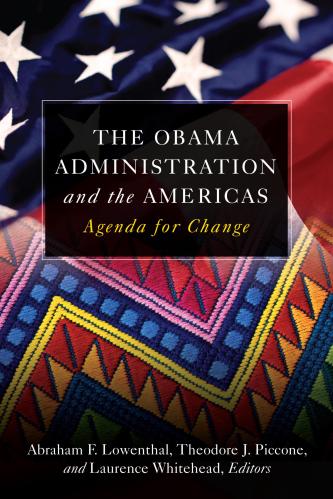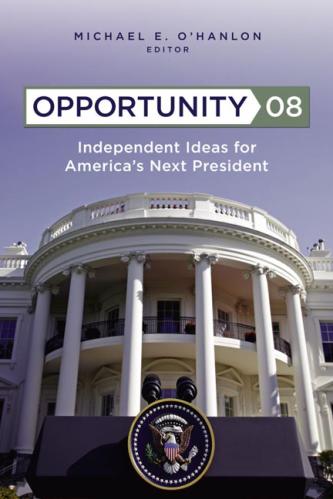President Obama’s re-election is a welcome development for Latin Americans in general, and Mexicans in particular. Although many of Obama’s campaign promises in 2008 relevant to the region remain unrealized, there is a modicum of hope that as a leader in his second term, with more political capital to spend, he can at least make a stronger effort to tackle comprehensive immigration reform and trade issues critical to Latin American prosperity. Although I don’t foresee any major change in the United States’ foreign policy toward the region, especially as long as Afghanistan, Iran and the Middle East remain priorities for Washington, that may not necessarily be a bad thing.
We often complain when Washington pays too much attention to us, and equally when there’s less overt interest in the region, but I believe that Obama has mostly shown a much more mature attitude toward Latin America over the last four years than has traditionally been the case. This will hopefully also be the case as his administration continues through 2016. Presumably, there will continue to be a strong focus on completing ongoing trade negotiations, especially the Trans- Pacific Partnership, to open new opportunities for economic growth and hopefully a re-visiting of NAFTA as a key option to make North America more competitive on the global scene.
Latinos played a key role in re-electing Obama, just as they did in 2008, and the one message that Republicans have to take home at this stage is that the anti-immigrant, exclusionary policies voiced during the campaign by Mitt Romney, the Tea Party and other conservatives were a key factor in their ultimate defeat. Many of Obama’s liberal views on minority rights and tolerance turned out to be much more popular among Americans as a whole than the opposing Republican positions on those same issues.



Commentary
Op-edWhat Will Obama’s Second Term Mean for Latin America?
November 8, 2012